AI-Powered Mobile Marketing: Transforming Customer Engagement and success
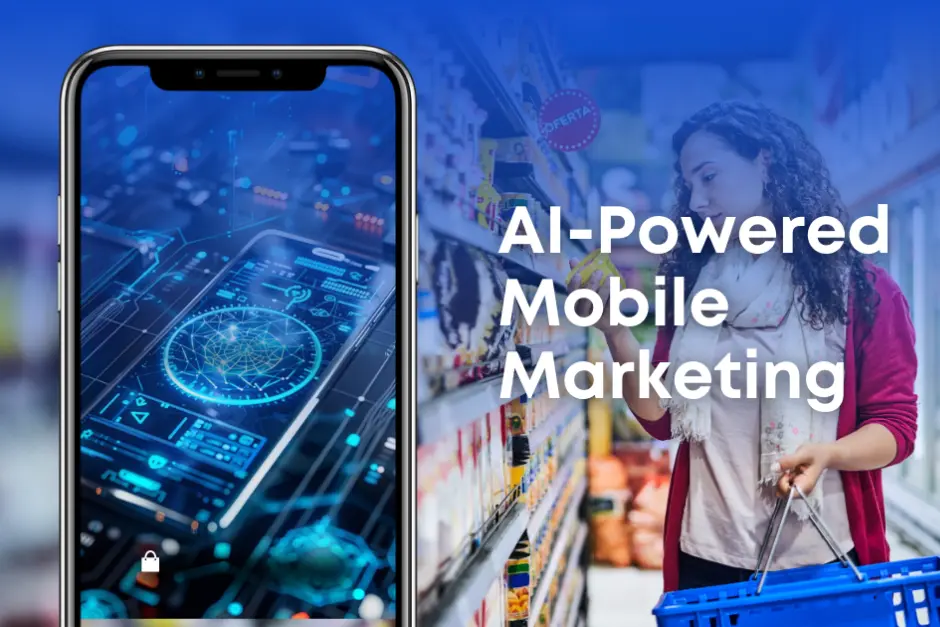
In today’s rapidly evolving digital landscape, AI-Powered Mobile Marketing is revolutionizing how businesses connect with their customers. Artificial Intelligence (AI) has become a key driver of innovation in mobile marketing, enabling brands to deliver more personalized, efficient, and data-driven marketing campaigns. By leveraging AI, businesses can engage customers more effectively, predict trends, and optimize their marketing efforts. This article delves into the transformative power of AI in mobile marketing, exploring proven strategies, the role of AI marketing tools, and how AI is reshaping customer engagement.
Table of Contents
1. Understanding AI-Powered Mobile Marketing
AI-Powered Mobile Marketing involves integrating artificial intelligence technologies such as machine learning, natural language processing (NLP), and predictive analytics into mobile marketing strategies. AI empowers marketers to analyze vast amounts of customer data, make predictions, and deliver highly personalized experiences in real time. This approach is significantly enhancing how businesses reach their target audience through mobile devices.
One of the key features of AI in mobile marketing is its ability to automate various processes while making them smarter over time. By utilizing machine learning algorithms, AI can continuously learn from customer interactions and optimize future campaigns based on these insights. As a result, AI-powered marketing campaigns are more efficient, targeted, and effective at driving engagement.
Image suggestion: A visual representation of AI-driven customer engagement in mobile marketing, with connections showing personalized messaging, push notifications, and customer data analysis.
2. The Role of AI in Transforming Mobile Marketing Strategies
AI is transforming Mobile Marketing Strategies by enabling brands to create more targeted and personalized campaigns. Some of the key ways AI enhances mobile marketing strategies include:
a. Personalization in Mobile Marketing
AI allows for deep levels of personalization in mobile marketing, making it possible to create unique experiences for individual customers. By analyzing customer data, including browsing history, preferences, and previous interactions, AI can deliver personalized content, product recommendations, and promotions that resonate with users. This level of personalization boosts customer engagement, satisfaction, and conversion rates.
For instance, Starbucks utilizes AI-powered personalization in its mobile app to recommend drinks based on individual preferences and past purchases. This strategy has increased customer engagement by 30%.

Increased customer engagement rates with personalized AI-driven mobile marketing compared to traditional methods (Source: Salesforce)
b. AI-Driven Customer Segmentation
AI-Driven Customer Segmentation enables businesses to categorize their audience into specific segments based on behavior, demographics, and preferences. Traditional segmentation methods group users into broad categories, but AI takes this further by creating micro-segments. AI algorithms analyze data from various sources to identify patterns and similarities among users, allowing for more accurate and relevant segmentation.
Amazon’s recommendation system is an excellent example of AI-driven segmentation. By analyzing user behavior, Amazon provides personalized product recommendations to different customer segments, significantly improving customer satisfaction and sales.
c. Mobile Marketing Automation
Mobile Marketing Automation refers to the use of AI to automate repetitive tasks, such as sending push notifications, scheduling social media posts, or managing ad campaigns. AI-powered automation tools can analyze campaign performance in real time, make adjustments, and optimize strategies without human intervention.
For example, AI tools like HubSpot automate the process of sending personalized push notifications at the optimal time, ensuring that users receive messages when they are most likely to engage. This improves response rates and boosts customer engagement.
Moreover, AI can automate A/B testing, allowing marketers to test different campaign variations and choose the best-performing ones based on real-time data. This leads to more effective marketing campaigns with higher ROI.
3. Leveraging AI Marketing Tools for Success
AI marketing tools play a critical role in implementing AI-powered mobile marketing strategies. These tools help marketers collect and analyze data, automate tasks, and optimize campaigns for better performance. Here are some essential AI Marketing Tools that are transforming mobile marketing:
a. AI-Powered Analytics Tools
AI-powered analytics tools like Google Analytics and Adobe Sensei provide real-time insights into customer behavior and campaign performance. These tools analyze large datasets to identify trends, measure engagement, and offer actionable recommendations for improving marketing strategies.
For instance, Google Analytics uses AI to predict future traffic trends and user behavior, helping marketers adjust their strategies accordingly.
b. AI for Customer Engagement
AI is also revolutionizing customer engagement through tools like chatbots and virtual assistants. AI-powered chatbots can handle customer queries 24/7, providing instant responses and personalized recommendations. These chatbots can interact with customers via mobile apps, social media, or websites, improving the overall customer experience.
For example, Sephora uses AI-powered chatbots to offer personalized product recommendations based on customer preferences. This strategy not only enhances the user experience but also drives higher conversions.
4. Predictive Analytics in Mobile Marketing
Predictive Analytics in Mobile Marketing is one of the most valuable applications of AI. Predictive analytics uses historical data to make informed predictions about future customer behavior, allowing marketers to anticipate trends and tailor their strategies accordingly.
For example, AI can analyze past customer interactions to predict when a user is likely to make a purchase or abandon their shopping cart. Businesses can use this information to send personalized offers or reminders, encouraging customers to complete their transactions.
Spotify is a prime example of a company using predictive analytics to recommend personalized playlists based on users’ listening history. This AI-powered feature has been instrumental in increasing user engagement and retention..
5. Enhancing ROI with AI-Powered Mobile Marketing
AI-powered mobile marketing strategies significantly enhance return on investment (ROI) by optimizing ad spend, improving targeting, and increasing customer engagement.
a. Optimizing Ad Spend with AI
AI-powered tools help businesses optimize their ad spend by analyzing campaign performance and adjusting bids in real-time. These tools can identify which ads are performing well and allocate more budget to those, while underperforming ads can be paused or adjusted. This ensures that marketing budgets are used more effectively, leading to higher ROI.
Programmatic advertising platforms like Google Ads and Facebook Ads use AI to automate the bidding process and target the most relevant audience at the right time. By leveraging AI, businesses can reduce costs and improve conversion rates.
b. AI for Customer Retention
AI is also effective at improving customer retention. By analyzing customer data, AI can predict which customers are at risk of churning and take proactive measures to retain them. For example, AI can send personalized retention offers or discounts to customers who haven’t engaged with the brand for a certain period.
Netflix uses AI to recommend shows based on individual viewing habits, which helps keep users engaged and reduces churn. This level of personalization fosters long-term customer loyalty.


6. Case Studies: Successful AI-Powered Mobile Marketing Campaigns
a. Starbucks: AI-Powered Personalization
Starbucks has successfully implemented AI-powered personalization in its mobile app. By analyzing customer data, the app recommends beverages based on individual preferences and purchase history. This AI-driven approach has led to a 30% increase in customer engagement.
b. Amazon: AI-Driven Customer Segmentation
Amazon uses AI to segment its customer base into micro-segments based on user behavior and preferences. This segmentation allows Amazon to deliver personalized product recommendations, improving both sales and customer satisfaction..
7. Overcoming Challenges with AI in Mobile Marketing
While AI-Powered Mobile Marketing offers many benefits, it also comes with challenges. One of the main challenges is ensuring data privacy and compliance with regulations such as GDPR and CCPA. Businesses must ensure that they collect and process customer data ethically and transparently.
Another challenge is the integration of AI with existing marketing systems. Many businesses may face technical difficulties when implementing AI-powered tools, which can be costly and time-consuming. However, the long-term benefits of AI, such as improved efficiency and better customer engagement, outweigh these challenges.
8. The Future of AI in Mobile Marketing
As AI continues to evolve, its role in mobile marketing will only grow. Future trends in AI-Powered Mobile Marketing include the integration of augmented reality (AR) and voice search optimization. These technologies will provide more immersive and personalized experiences for customers.
For instance, AI-powered AR apps could allow users to virtually try on products before purchasing, while AI-driven voice search will enable customers to interact with brands using natural language commands. Businesses that embrace these technologies will be better positioned to meet the evolving needs of their customers and stay ahead of the competition.
9. Conclusion
AI-Powered Mobile Marketing is transforming the way businesses engage with their customers, offering new opportunities for personalization, automation, and data-driven decision-making. By leveraging AI Marketing Tools, businesses can optimize their mobile marketing strategies, improve customer engagement, and increase ROI. As AI technologies continue to advance, brands that adopt AI-powered solutions will be better equipped to navigate the future of mobile marketing.

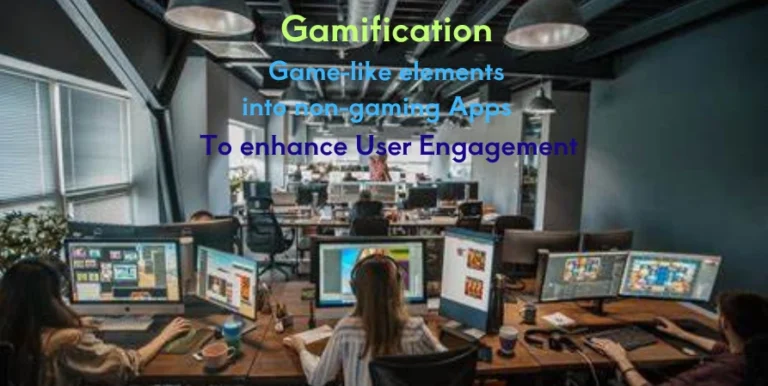

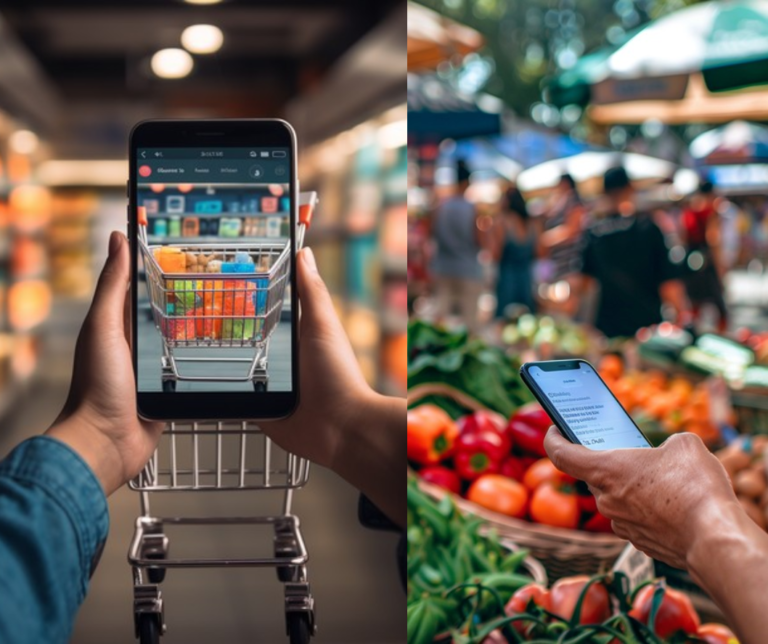

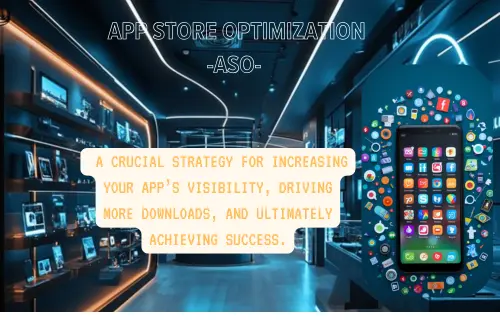
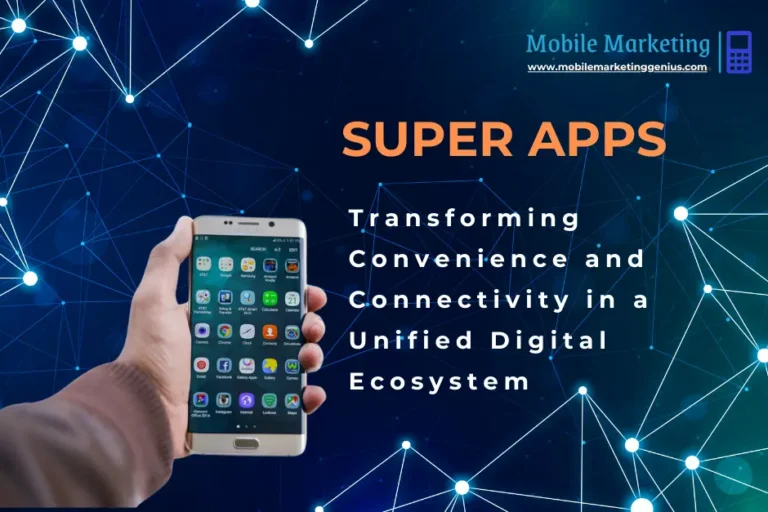
5 Comments
Comments are closed.